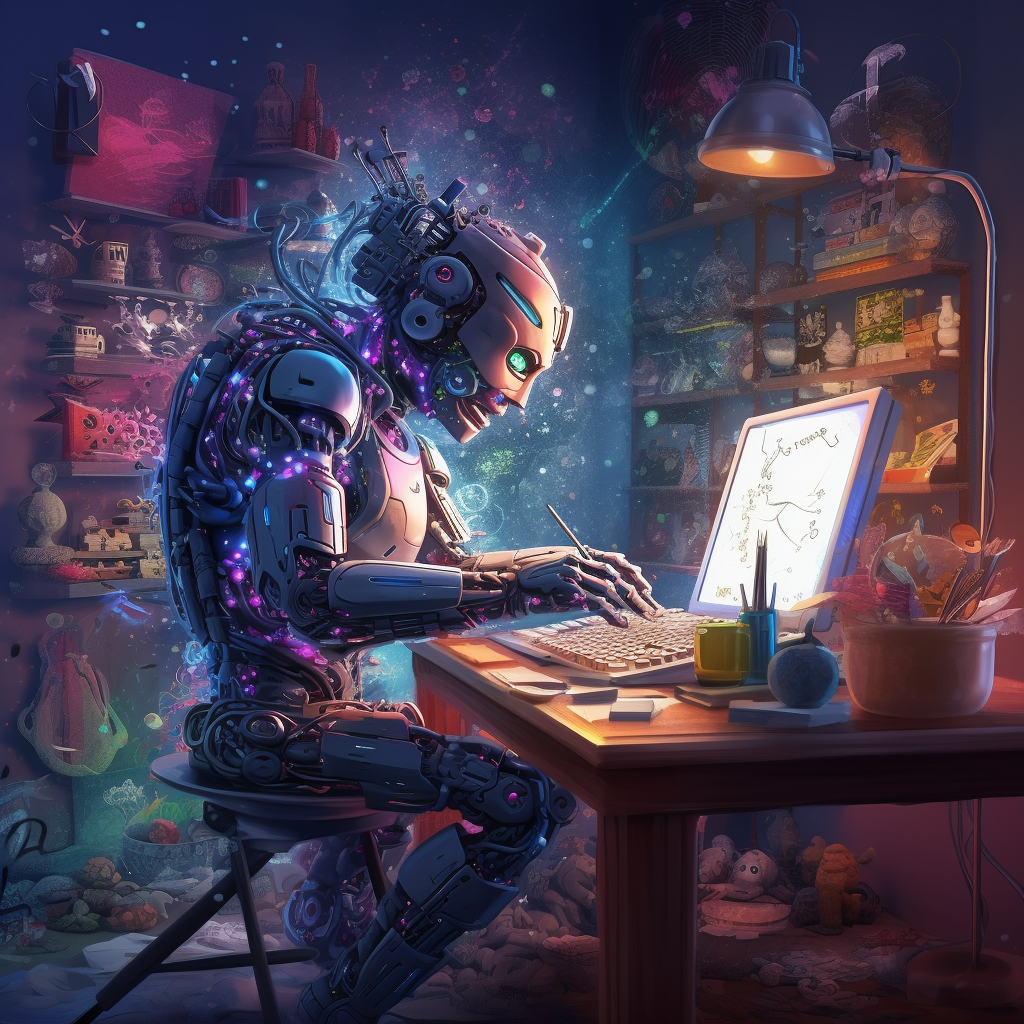
In recent years, artificial intelligence (AI) has rapidly transformed various sectors, including content creation. From news articles, social media posts, product descriptions, to even video scripts, AI is being used to generate all kinds of content. However, like any technology, AI comes with its own set of advantages and drawbacks. This article will delve into the pros and cons of utilizing AI for content generation.
1. Efficiency and Speed:
AI algorithms can create a large volume of content in a fraction of the time that it would take a human writer. They are able to work 24/7 without breaks or downtime, allowing companies to maintain a constant online presence and stay responsive to user queries.
2. Scalability:
AI is capable of generating thousands of pieces of content simultaneously, offering a scalable solution that meets the needs of businesses of all sizes. With AI, you can create, edit, and publish large amounts of content rapidly, which is especially useful for industries that require high-volume content.
3. Cost-Effective:
In the long run, AI can be more cost-effective than hiring a team of writers, especially for companies that need a large quantity of content. By automating the content creation process, businesses can allocate human resources to other strategic tasks.
4. Personalization:
AI can analyze data from users and use this to create personalized content. This personalization can help businesses engage more effectively with their audience and deliver a more tailored user experience.
5. Multilingual Capability:
AI tools can easily translate content into multiple languages, thus helping businesses to reach a global audience.
1. Lack of Creativity and Emotional Depth:
While AI has made significant strides in understanding and generating human language, it still lacks the nuance, emotion, and creativity that a human writer brings to their work. AI-generated content can sometimes feel cold, mechanical, or devoid of personality.
2. Misinterpretations and Errors:
Despite its advanced capabilities, AI can misunderstand contexts and subtleties, leading to inaccurate or misleading content. It may struggle with complex instructions or topics outside its training data.
3. Over-Dependence on Data:
AI algorithms depend heavily on the quality and quantity of the data fed into them. Poor quality data can lead to poor quality content. Additionally, AI might not be capable of writing about topics that it has not been trained on.
4. Ethical and Legal Concerns:
There are concerns about plagiarism and copyright infringement, particularly when AI is used to scrape and repurpose content from the web. AI also raises ethical issues about job displacement, as it automates tasks traditionally performed by human writers.
5. Impersonal Touch:
Although AI can create personalized content based on data, it might still lack the human touch that resonates with readers on an emotional level. It might not be able to build a connection or a relationship with the audience in the way that a human writer can.
In conclusion, while AI brings efficiency, scalability, and cost-effectiveness to content generation, it still has limitations in terms of creativity, understanding context, and personal touch. Therefore, the best approach might be to leverage AI in combination with human creativity and judgment. AI can be used for the heavy lifting – generating drafts and ideas, while humans can refine and add the emotional depth, creativity, and personal touch that AI currently lacks. The future of content generation could well be a harmonious blend of AI and human creativity.